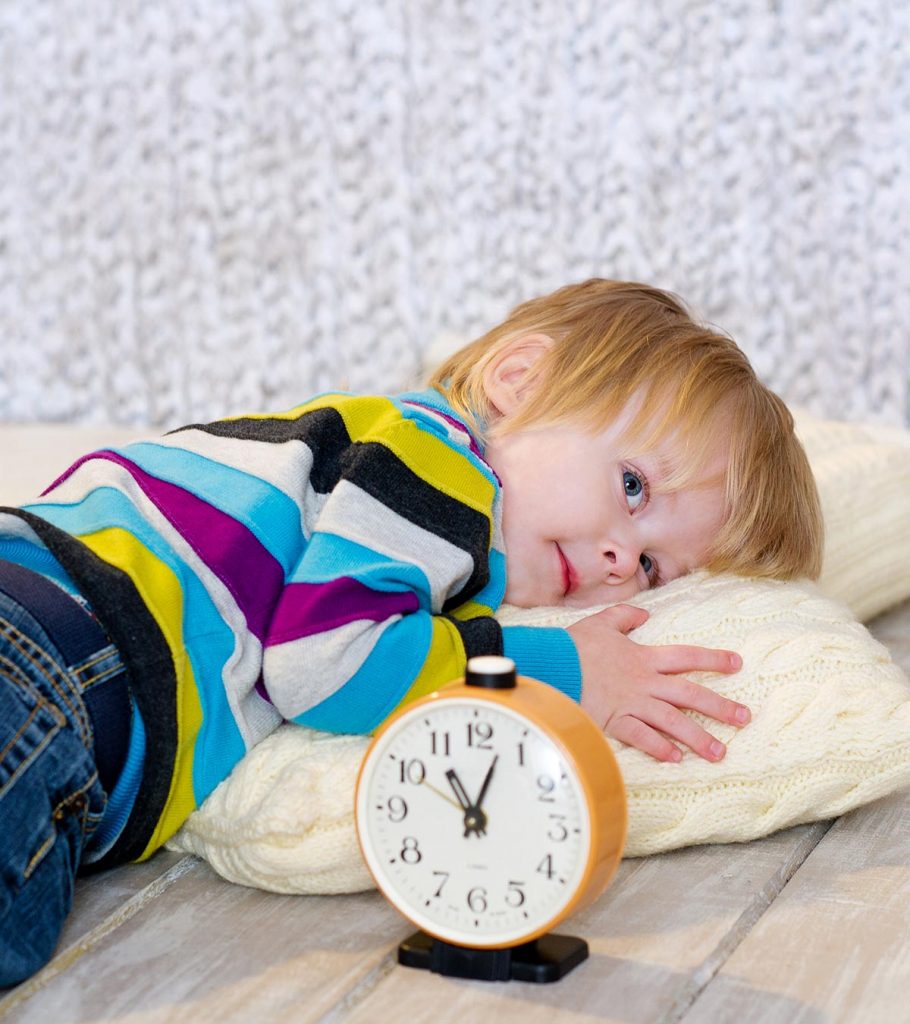
It has been said that counting deep breaths to 10 is a quick and practical approach to calming down and relaxing. If you’re having trouble nodding off at night, attempting these deep breathing exercises or relaxation techniques can help. In addition to their children’s challenges sleeping through the night, mothers face their bodily changes. Because their circadian rhythms have not fully formed at birth, newborns are prone to numerous awakenings throughout the night. Many new moms have issues sleeping after giving birth. Therefore, avoid delaying this treatment since it may become chronic and otherwise harmful to your health. Postpartum insomnia, however, is often the result of a perfect storm of variables. Only one may be the primary explanation for the occurrence. Understandably, you have trouble sleeping if your thoughts keep going to terrifying conclusions. It’s obvious that you’d be concerned about their well-being. You may be worried about providing for them and wonder if you will hear them scream if they need you. To have insomnia after giving birth is to be unable to sleep, even while your newborn infant is soundly asleep.

We all know someone who could use more sleep.Postpartum insomnia differs significantly from a sleep-deprived case due to a new baby. SleepPhones® Classic OUR ORIGINAL MODELĬonnects via a long, durable cord to your device.SleepPhones® Wireless OUR MOST POPULAR MODELĬordlessly connects to any Bluetooth® enabled device.SleepPhones® Effortless™ ONLY MODEL WITH INDUCTION CHARGINGĬonnects to any Bluetooth® enabled device and comes with a convenient induction charger.But with time and these tips, you can overcome it. Postpartum insomnia is no walk in the park. Check out the three SleepPhones® models below! SleepPhones® are great for enjoying relaxing audio in bed because the flat speakers and soft headband let you listen in total comfort. Some ideas include using a soothing lotion, meditating, and listening to soft music or white noise. Having a ritual to help you fall asleep can be very beneficial.


He or she can give you advice and help you know when more help is needed. Keeping your doctor in the loop. Definitely tell your doctor about your sleep issues at your postpartum appointment.That's because those fluctuating hormone levels and a heavy abdomen can restrict airways.įortunately, there are steps you can take when it comes to dealing with insomnia after baby. Pregnancy can cause or exacerbate sleep apnea. Postpartum sleep apnea: Sleep apnea is a sleep disorder in which breathing is briefly and repeatedly interrupted during sleep.Many others suffer from postpartum depression and other mood disorders. Many moms find they're constantly on edge and can't unwind. General anxiety: It's no secret that caring for a new baby is stressful.Many moms find it hard to fall asleep again after being woken by a baby's cries like clockwork many times a day. Night feedings: Because they have very small stomachs, newborns need to eat about every three hours.As it's flushed out, it's not uncommon to wake up in an uncomfortable tangle of wet sheets. A body holds on to a lot of water when carrying a baby. Night sweats: Hormones are the reason for excessive postpartum sweating.Fluctuating hormone levels: After giving birth, hormone levels fluctuate wildly.There are several causes that lead new moms to suffer from insomnia after having a baby. That's because postpartum insomnia is a real thing that affects millions of women every year.

Aren't all new moms so exhausted that they fall asleep as soon as their heads hit the pillow?įor a sizable number of new moms, the answer is no. At first thought, battling insomnia after having a baby seems like something that wouldn't happen.


 0 kommentar(er)
0 kommentar(er)
